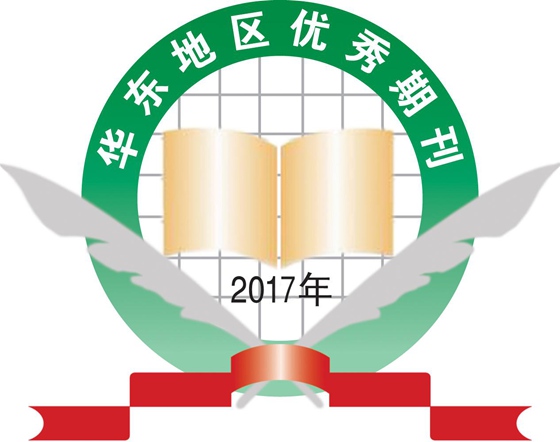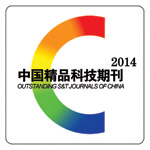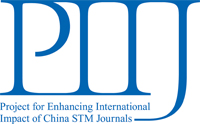Objective: To investigate the effects of PUW (a fraction containing 60% corilagin from a Chinese herbal plant Phyllanthus urinaria ) on thrombosis and coagulation system. Methods: Myers's method was used to evaluate the protection of intravenously administered PUW against the male mouse sudden death caused by injection of 75 mg/kg arachidonic acid in the tail vein; Charlton's method was modified to observe antithrombotic effect of PUW in rat electrically stimulated carotid artery thrombosis model; and the model of venous thrombosis was produced to investigate the antithrombotic effect of PUW. Rosette assay was used to observe the effect of PUW on platelet-neutrophil adhesion. The effects of PUW were monitored on euglobulin lysis time (ELT), prothrombin time (PT), kaolin partial thromboplastin time (KPTT), and bleeding time (BT) in rats, according to the methods of Kowalski, HUANG Zheng-Liang, and GU Yue-Fang, et al, respectively. Results: The results showed that PUW administered intravenously significantly decreased the mouse mortality, prolonged the occlusion time of rat carotid arteries, and reduced the wet and dry thrombus weight of the inferior vena cava, respectively. PUW markedly inhibited the binding of activated platelets to neutrophils, obtaining 39.7 mg/L of the medium inhibitory concentration. Intravenously administered PUW significantly shortened ELT, prolonged KPTT while had no influence on PT; PUW increased BT in rat tail tips but the BT caused by PUW was much shorter than that by aspirin or urokinase. Conclusion: It is suggested that PUW has the potential of antithrombosis due to its inhibition of platelet-neutrophil adhesion. PUW shows the tendency to bleeding, however, it could not cause serious bleeding side effect as compared with aspirin or urokinase.
 Table of Content
Table of Content














